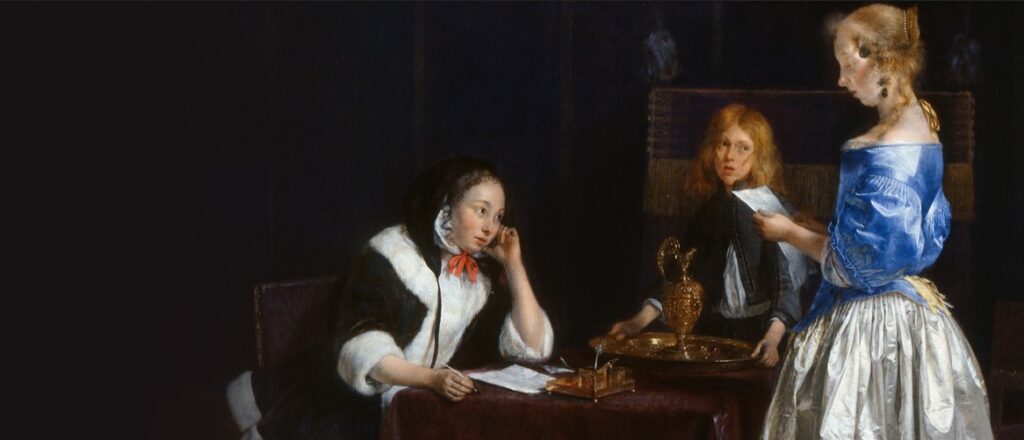Medieval and Early Modern Centre, April 2022 Newsletter
April is a quieter month for events: Easter, mid-semester break, and Anzac Day land squarely in its middle and – hopefully – give us all some much-needed respite.
This month’s MEMC lunchtime seminar – on Friday 29 April – is a double-bill. We will have the opportunity to hear shorter papers (about 20 minutes each) from two of the Centre’s Honorary Associates, Andrew Mellas and Penny Nash. As you can see in the abstracts below, the presentations bring us into the material, sensory, and emotional worlds of the European middle ages, taking us from Byzantine liturgy through Carolingian, Ottonian, and Salian dress and costume.
We look forward to seeing you on Zoom at the end of the month. Meanwhile, enjoy the upcoming break,
John Gagné, Director
Events
MEMC Lunchtime Seminar
Friday 29 April
12:00 noon – 1:30 pm
Andrew Mellas (MEMC, Sydney), and Penny Nash (MEMC, Sydney)
(1) Andrew Mellas, “Romanos the Melodist and the Liturgical Emotions of Pascha”
The hymnos of Romanos the Melodist sought to shape an emotional and liturgical community in Constantinople. Retelling the sacred stories of Scripture, they become affective scripts for the faithful, teaching them to yearn for compunction, weep with grief and dance for joy. Emotions formed part of the desire for and experience of the salvific mystery in Byzantium. However, they were transformed together with the whole of human nature in this mystical experience.
This paper will explore one of Romanos’ paschal songs, On the Resurrection VI, which invited the faithful to experience the dialectic between the beginning of salvation history and the end of all things, weaving together the fallenness of the congregation with the promise of rebirth. While this paper will also allude to other hymns composed for Pascha, it will consider how the tears of Romanos’ protagonist, Mary Magdalen – who was conquered by weeping but overcome by the fire of love – embodied a metamorphosis of grief into joy. In the liminal space between the absence and presence of Christ’s body, during the interlude between crucifixion and resurrection, Romanos’ song elicited a longing for the eschaton that is yet to come but already dawning.
See below for Zoom link
(2) Penny Nash, “Pointy Hats, Glittering Headdresses and Audacious Demeanour as Symbols of Power and Sovereignty”
The examination of clothing, jewellery, gifts, and other material objects, together with the deportment of the giver and the receiver of such items, especially in how they are visually presented, is crucial in understanding the intentions of the participants.
The paper deals with the symbolism of the posture and clothing, especially headgear, in a number of depictions of historical figures. Examined are Pepin’s and Charlemagne’s pointy hats; Theophanu’s gifts to the West from Byzantium; the bareheaded portrait of Henry, dux of Bavaria (‘the Wrangler’); and Countess Matilda’s possible claim to royality in her manuscript portrait with the Germanic king Henry IV and Abbot Hugh of Cluny at Canossa – among other images.
This paper puts into historical perspective selected artworks created between the eighth and early-twelfth centuries in Western Europe (the Carolingian, Ottonian, and Salian periods). It demonstrates how important representations can be in depicting and nuancing our understanding of the tensions and concerns of the people involved and prefaces later portrayals in the Renaissance.
Join via Zoom (same link for both talks): https://uni-sydney.zoom.us/j/89068632840

